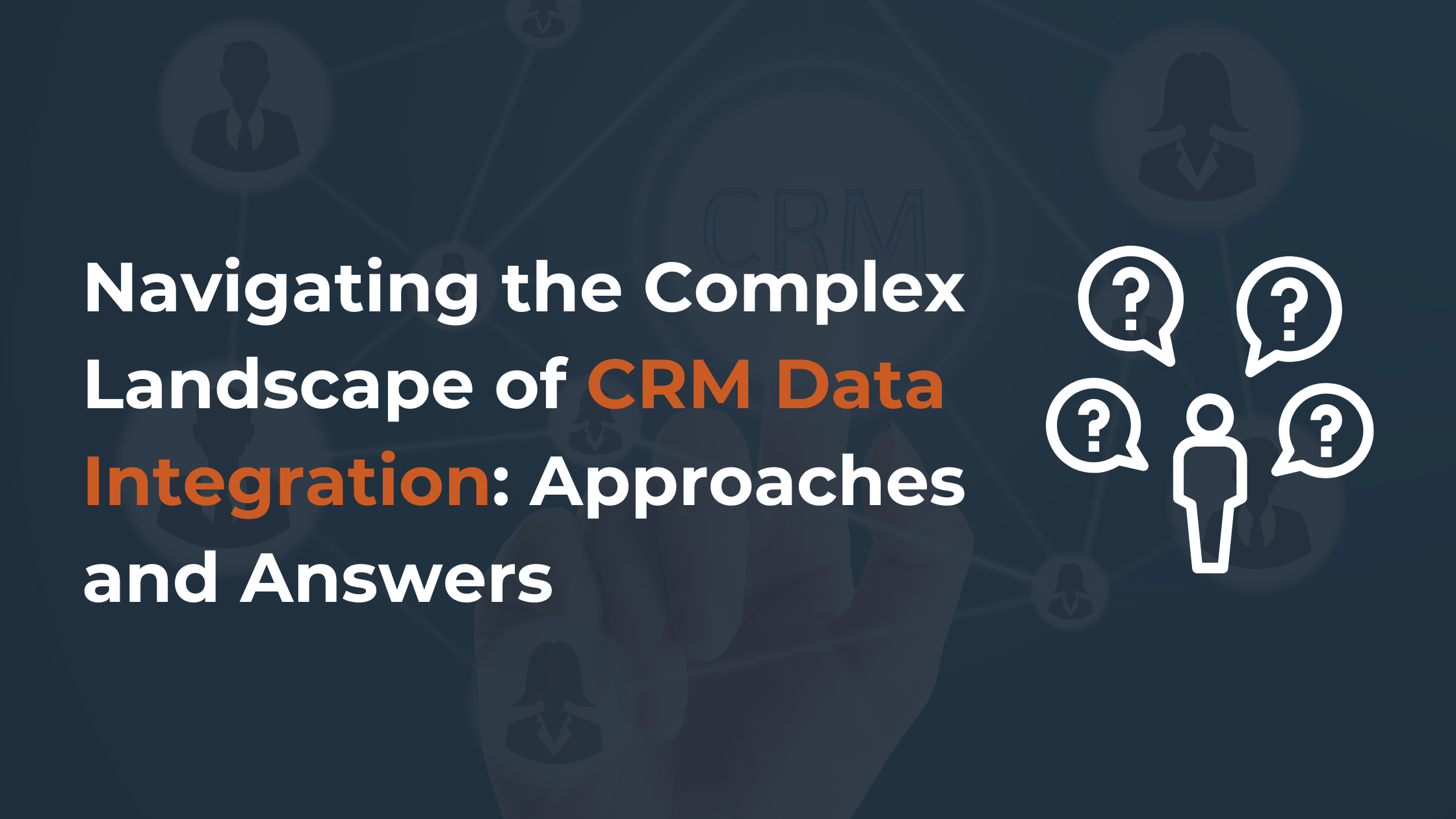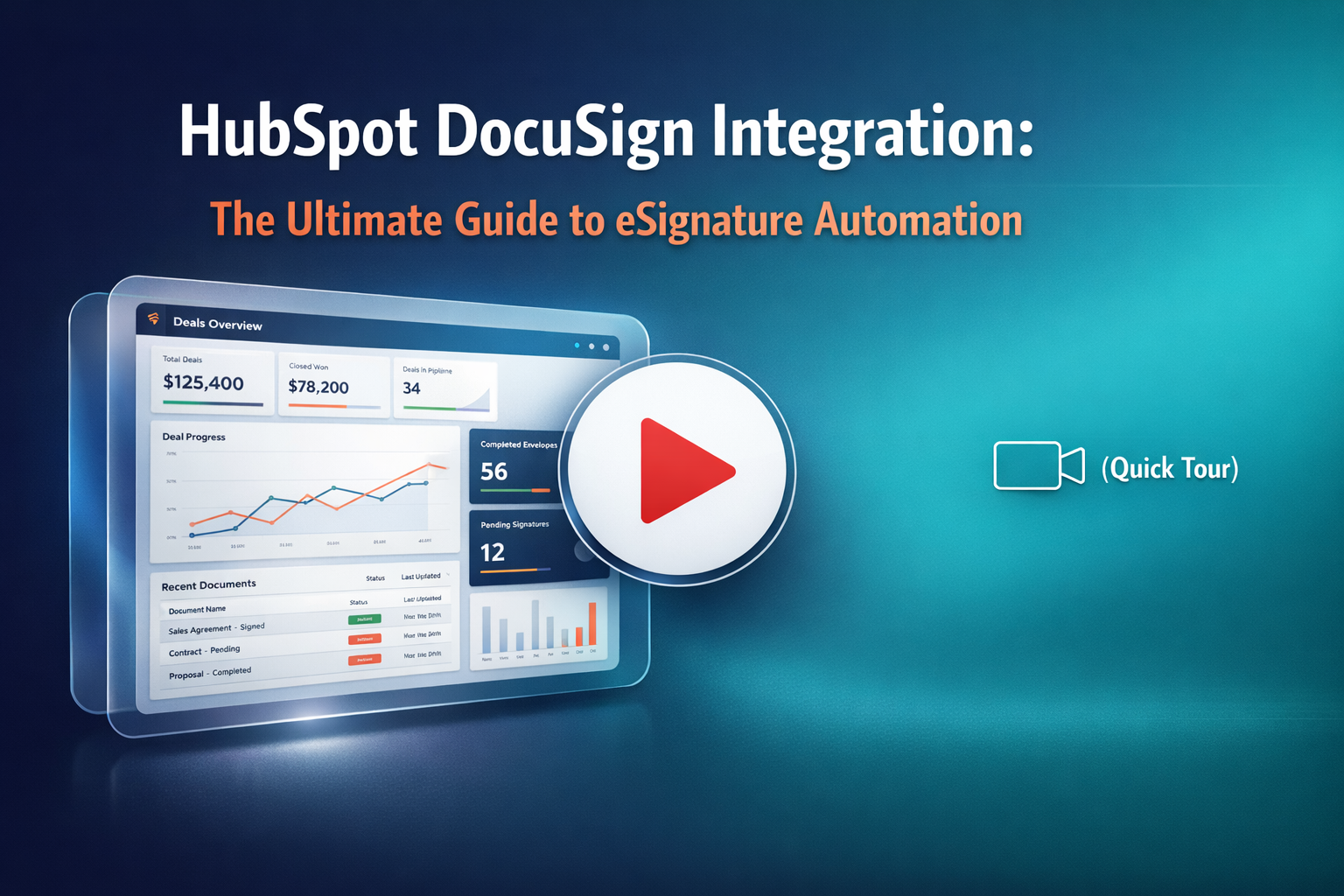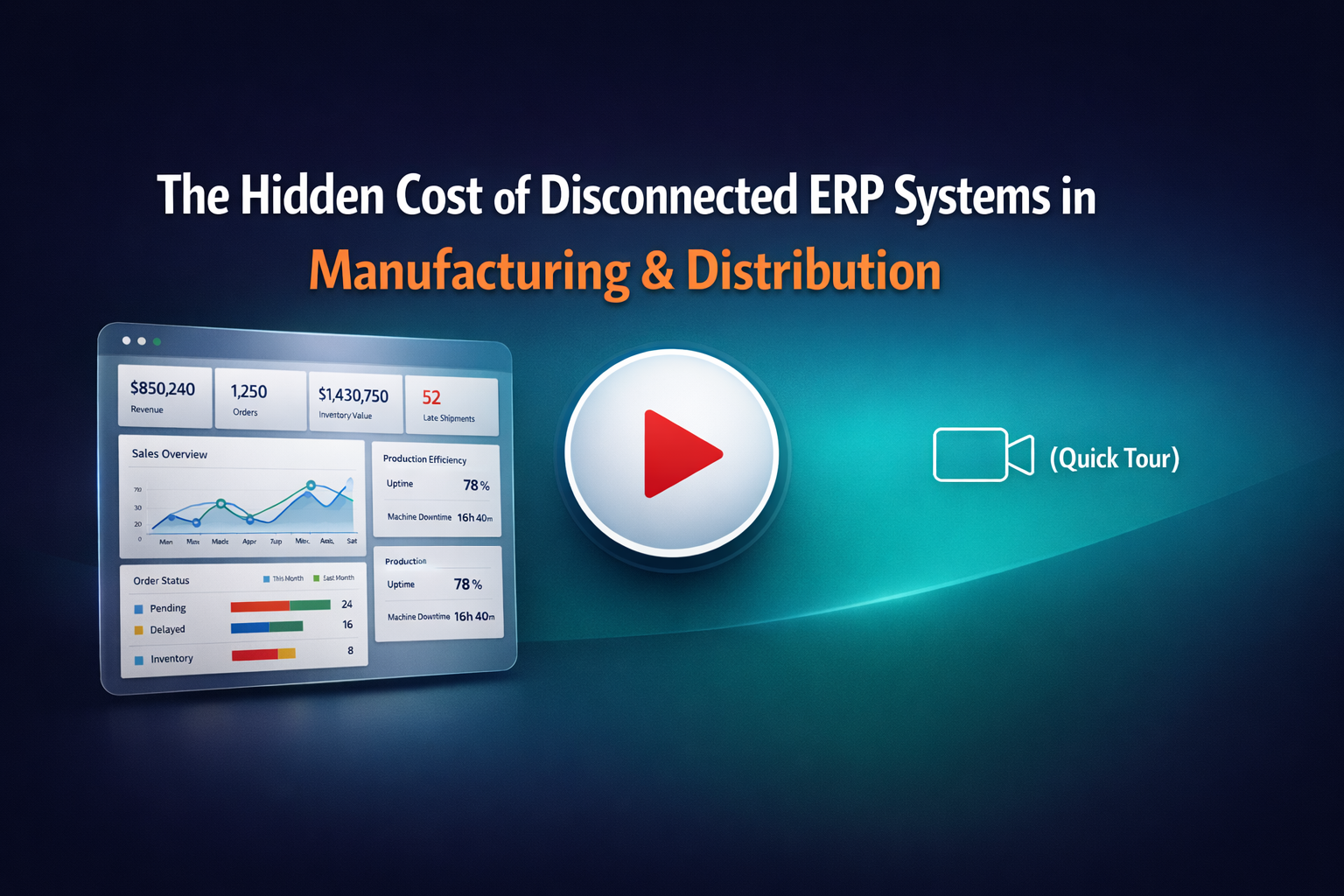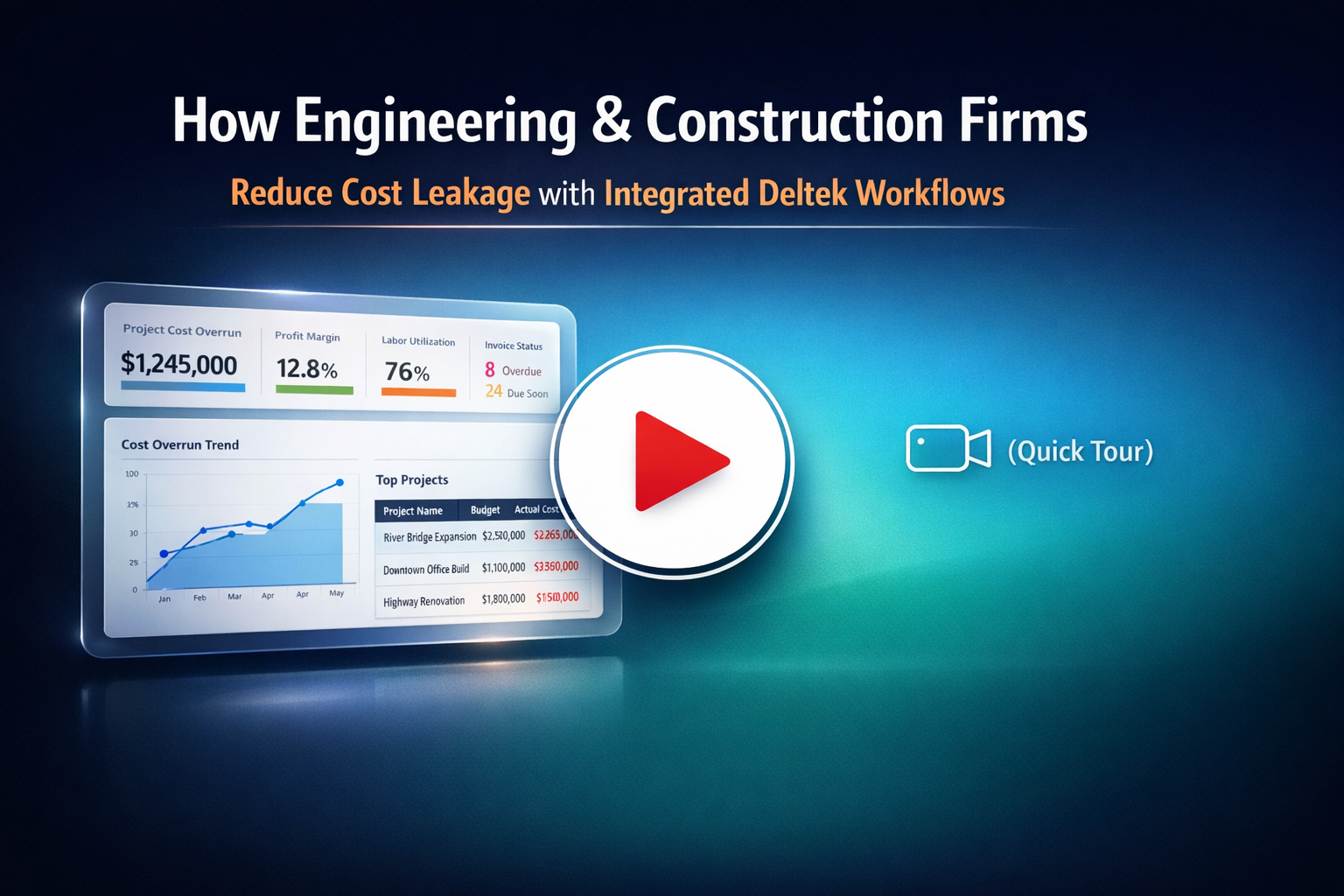CRM systems act as the core to effective business operations, allowing companies to control and analyze customer interactions and data across the entire customer lifecycle. But, the integration of these systems with other business tools poses a lot of difficulties that can prevent the data from flowing smoothly and hence disrupt business processes. This blog post provides an in-depth look into the most common pain points of CRM data integration along with the strategic tips on how to overcome them.
Understanding CRM Data Integration Challenges
Scaling and Performance Degradation: When businesses grow, the amount of data managed becomes so large that CRM solutions cannot handle it, which results in performance issues. This is a typical response given by most people. The trick is in implementing scalable solutions that can handle data efficiently as your business grows.
Breaking Down Data Silos: The data fragmentation across different platforms creates silos, thus, making it difficult to have a single view of customer interactions. The importance of a scalable unified dataset across the organization is critical for the extraction of meaningful insights and business decisions.
The Complexity of Integration: The process of CRM systems integration with other business tools is rather complicated and it takes much time and technical skill. The complexity and necessity of seamless integration are depicted in the fact that “CRM integration is the process of connecting your CRM system to other software applications, platforms, or tools in order to share data and optimize business processes.”
Strategies for Overcoming CRM Data Integration Hurdles
Leverage Scalable Solutions: Put your money in data engineering automation platforms that can work with data at scale and are flexible enough to expand with your business, so that you do not suffer from performance degradation as data volumes grow.
Utilize Advanced Integration Tools: To break down data silos, consider applications that can automatically merge different datasets and connect with superior data visualization tools to have a consistent dataset throughout the organization.
Emphasize User Adoption and Training: User adoption rates that are low may have a significant effect on the success of CRM integration initiatives. Introduce full-fledged training programs, choose CRMs with user-friendly interfaces, and use gamification strategies to increase involvement.
Ensure Data Quality and Integrity: Resolve the problem of duplicate records and keep the data in high quality and consistent condition through continuous cleansing and standardization activities. Use integration systems that control the entry of duplicate data.
Embrace Technological Advances: Machine learning and the Internet of Things (IoT) integrated have significantly changed data integration, as it allows analysis of enormous data sets, and improves decision-making and operational efficiency.
Advantages of CRM Integration
Challenges conquered lead to many advantages such as optimized processes, better customer understanding, improved communication within the organization and outside, and the capability to deliver personalized customer experiences. Integration of CRM systems with other software applications allows businesses to gain a complete picture of their operations, which results in better efficiency and customer satisfaction.
Moving further into the advantages of high-quality CRM data integration, it becomes obvious that the benefits reach much more than just operational efficiencies. The effects of these benefits are felt in many areas of an organization, improving the customer relations, simplifying the internal processes, and enabling the strategic decision-making. Let's explore these benefits in more detail:Let's explore these benefits in more detail:
Enhanced Customer Insights: The integration of CRM systems with other data sources enables companies to have a 360-degree view of their customers. This holistic approach enables businesses to segment customers in a more precise manner, forecast future purchasing behavior, and recognize trends. Such insights empower the development of the individualized marketing campaigns, personalized product suggestions, and proactive customer service efforts that dramatically enhance the customer experience.
Streamlined Operations and Increased Efficiency: Integration eliminates the need for manual data entry and errors due to human error. Automated workflows make data processing from lead capture to order fulfillment faster and more precise. This not only saves time but also allows employees to concentrate on more value-added tasks, thus, improving the total productivity.
Improved Data Quality and Accessibility: Data integration aids in cleaning, deduplicating, and standardizing data in different systems, thus improving data quality. Quality, standard data is very important for correct reporting and analysis. In addition, through integrated systems, data becomes more available to workers in different departments, ensuring that everyone has the current information they need to make sound decisions.
Better Decision Making: Data aggregation and analysis from integrated systems give businesses insights necessary for strategic decision-making. Managers and executives are able to analyze detailed reports and dashboards which represent the current business performance, customer behavior, and market trends, helping in making more informed and timely decisions.
Enhanced Collaboration and Communication: CRM integration eliminates silos between departments by ensuring that all teams have the same data. This improves teamwork and communication in the company, since teams can work together more efficiently with a single knowledge of customers, projects, and business objectives.
Increased Customer Satisfaction and Loyalty: With the information of the customers’ preferences and behaviors, businesses can provide more customized products and services improving the customer satisfaction. Loyal customers are the ones that will purchase from you again and again and recommend you to other people, making you successful in the long run and ensuring customer loyalty.
Scalability: CRM data integration solutions that are successful are built to scale with your business. They are able to work with growing data volumes and complexity without the loss of performance, which guarantees that your CRM system stays efficient as your business grows.
Conclusion
CRM data integration is a difficult road, but with the right approaches and tools, businesses can overcome these obstacles. Stressing scalable solutions, advanced integration tools, user adoption, data quality, and the incorporation of technological improvements will lead to a smooth and effective CRM data integration process. By solving these typical pain points, companies can utilize all of their CRM systems, enabling business development and improving customer relations in the digital era.
Ready to discuss your integration use case?








